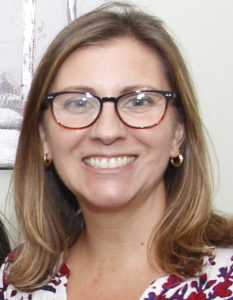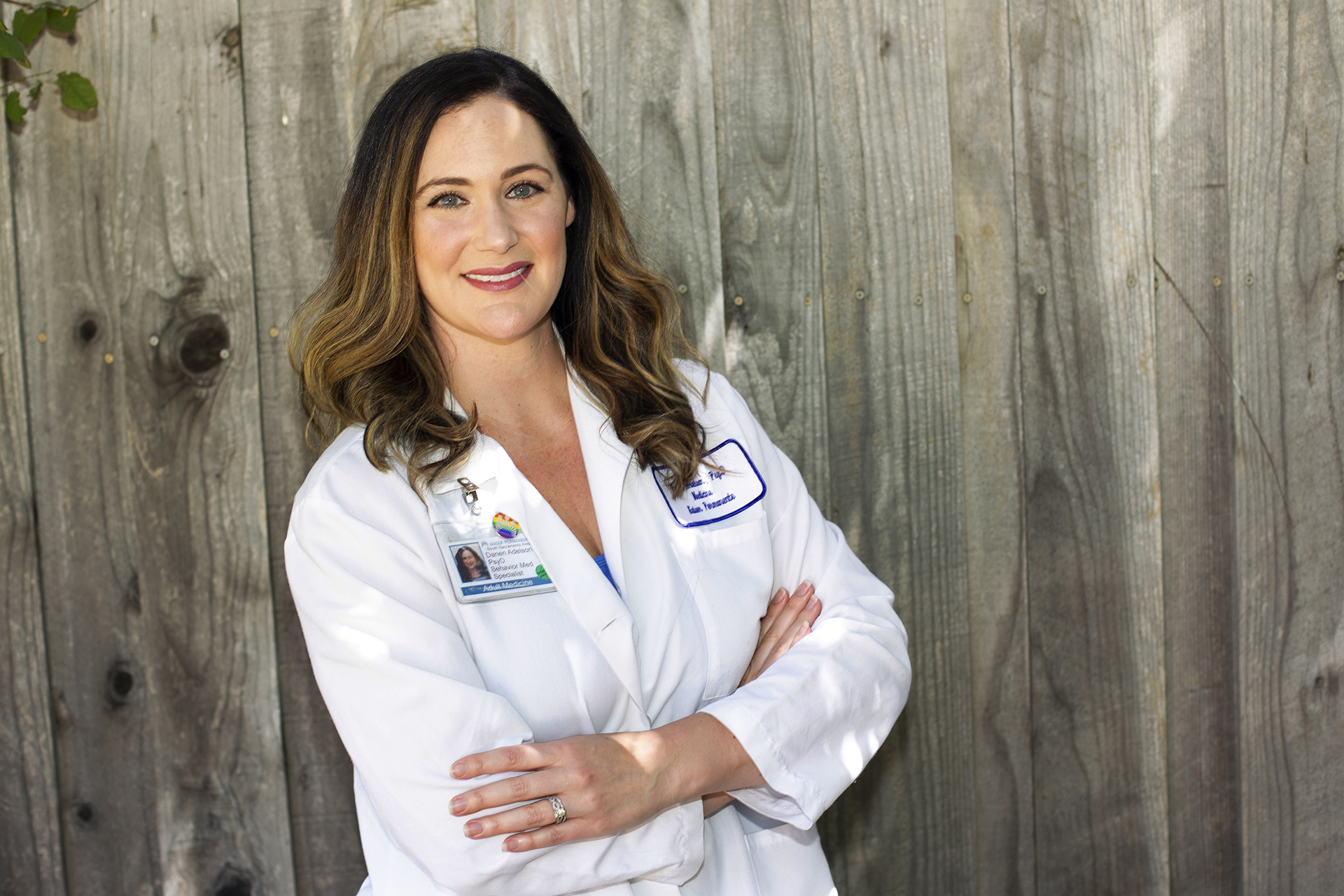Try not to take it personally. State your needs clearly, but with kindness. Remember others are suffering too.
That’s some of the advice Kaiser Permanente mental health therapists are dispensing across Northern California as a record number of members seek counseling about the effects of COVID-19 social distancing and shelter-in-place guidelines.
“These times are rocky and unprecedented, and nobody knows how to navigate it,” said Danen Adelson, PhD, a Kaiser Permanente South Sacramento behavioral medicine specialist. “The key right now is being able to approach people with a level of grace and generosity and believing the other person is doing the best they can.”
From strangers awkwardly avoiding each other on sidewalks to family members excluded from gatherings, social distancing, if not handled well, can cause hurt feelings, fractured friendships, and a long list of other, more serious issues like depression and anxiety. Pandemic-related mental health counseling at Kaiser Permanente was behind an increase of about 1,000 more patients each week in Northern California in May 2020 compared to pre-pandemic levels, clinicians say.
“The key right now is being able to approach people with a level of grace and generosity and believing the other person is doing the best they can.”
Adelson, who works in ob-gyn and adult and family clinics, said about 80% of her patients are pregnant women or new moms. In addition to restrictions on hospital visitation during childbirth, mothers also have the difficult task of deciding who gets to visit when the baby comes home. Her advice to mothers could apply to just about anyone in any social distancing situation.
“We ask the mom to decide what her comfort level is, and if she can pull rank to establish her boundaries,” said Adelson. “They have to communicate assertively, but not be unkind. Acknowledge that feelings may get hurt, and realize you have to do right by how you feel.”
Accepting Other Opinions
The problem with all relationships right now, or encounters with strangers in public, she said, is almost everyone has a different opinion about what is an acceptable amount of contact. Controlling how others feel is futile.
“A lot of people are burned out on this lockdown lifestyle,” she said. “Some will just say ‘Forget it, I want to see my people.’ But everyone has different standards for feeling safe. That’s where conflict arises.”

Lorena Roth, site director of mental health for Kaiser Permanente in Walnut Creek and a licensed clinical social worker, said hearing about those different standards from a friend or family member in a conversation requires stepping outside your own world and considering how others might feel at the moment.
“It may feel personal, but it’s just that everyone has a different tolerance for risk they want to take,” said Roth. “Putting yourself in the other person’s shoes can build empathy across a totally new and novel situation. Human nature is to think that it’s all about us, when it may not actually be all about us.”
She added that respecting boundaries of others and maintaining your own will bring you a long way.
“When someone gives you a wide berth on the sidewalk or moves away from you in a public space, it’s important to not take that personally, because we don’t know what their situation is,” said Roth. “In relationships, if one person says, ‘I don’t feel comfortable with that,’ it’s good to say, ‘I respect that.’”





This Post Has 0 Comments